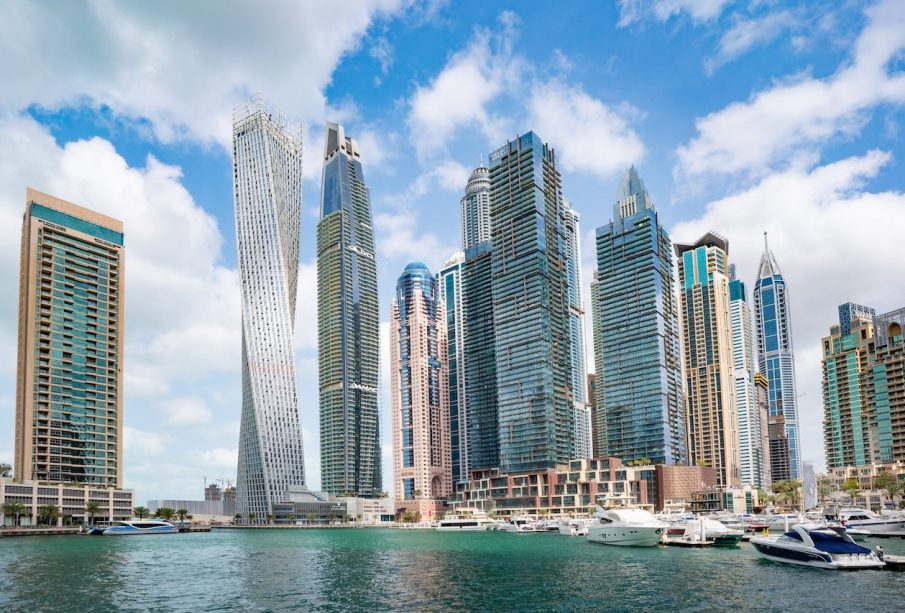What are the Legal Requirements for Starting a Restaurant in Dubai?

Opening a restaurant in Dubai can be an exciting business opportunity due to the city’s booming hospitality industry and diverse customer base. However, before launching your restaurant, it’s crucial to understand the legal requirements and regulatory procedures involved. Complying with these laws ensures smooth operations and helps you avoid potential penalties. Consulting experienced Law firms Dubai like LawyersDubai.ae can make the entire process easier and legally compliant.
1. Choose the Right Business Structure
The first step in starting a restaurant in Dubai is selecting the appropriate business structure. You can register your restaurant under one of the following:
- Mainland License:Allows you to operate anywhere in Dubai and outside the Free Zones.
- Free Zone License:Restricts operations to the specific Free Zone but offers full ownership benefits.
- Franchise Setup:If you plan to open a franchise of an existing brand, specific franchise agreements must be drafted and legalized.
Law firms in Dubai can guide you in choosing the best structure based on your business goals, ownership preferences, and financial requirements.
2. Obtain a Trade License
A restaurant trade license is mandatory to operate legally. You must apply for the license through the Dubai Department of Economic Development (DED) or the relevant Free Zone authority. The license application typically requires:
- A detailed business plan
- Passport copies of owners and partners
- Ejari (tenancy contract)
- Initial approval from the DED
Your trade license defines your legal scope of activities, so it must accurately represent your restaurant’s operations.
3. Food and Safety Approvals
Restaurants in Dubai must comply with strict food safety regulations governed by the Dubai Municipality. Before opening, you need to obtain a Food Control Department approval. This involves submitting your restaurant’s layout for inspection to ensure compliance with hygiene and food safety standards.
Key requirements include:
- Proper ventilation, waste disposal, and pest control systems
- Adequate storage facilities for perishable goods
- Hygiene standards for staff and food handling
Failing to meet these requirements can lead to heavy fines or closure of your restaurant. Seeking legal advice from Law firms in Dubai ensures your establishment meets all municipality regulations.
4. Location and Zoning Approvals
Choosing the right location is essential. Not all areas in Dubai permit food establishments. You must obtain zoning approval from the Dubai Municipality confirming that your chosen premises can be used for restaurant purposes. In addition, your restaurant must comply with parking, accessibility, and building safety requirements.
5. Additional Permits
Depending on your restaurant type, you might need:
- Liquor License(for hotels or specific areas)
- Entertainment License(if offering live music or performances)
- Delivery Permits(if offering delivery services)
6. Legal Documentation and Compliance
Legal documentation such as tenancy contracts, employment contracts, and supplier agreements must comply with UAE labor and commercial laws. Working with Law firms in Dubai helps ensure that your business contracts are transparent and enforceable under Dubai law.
Conclusion
Starting a restaurant in Dubai involves careful legal planning and adherence to multiple regulations. From obtaining trade and food licenses to ensuring compliance with health and safety laws, every step requires precision. Consulting professionals from Law firms in Dubai, such as LawyersDubai.ae, can help you navigate the legal procedures smoothly and set up your restaurant successfully.










